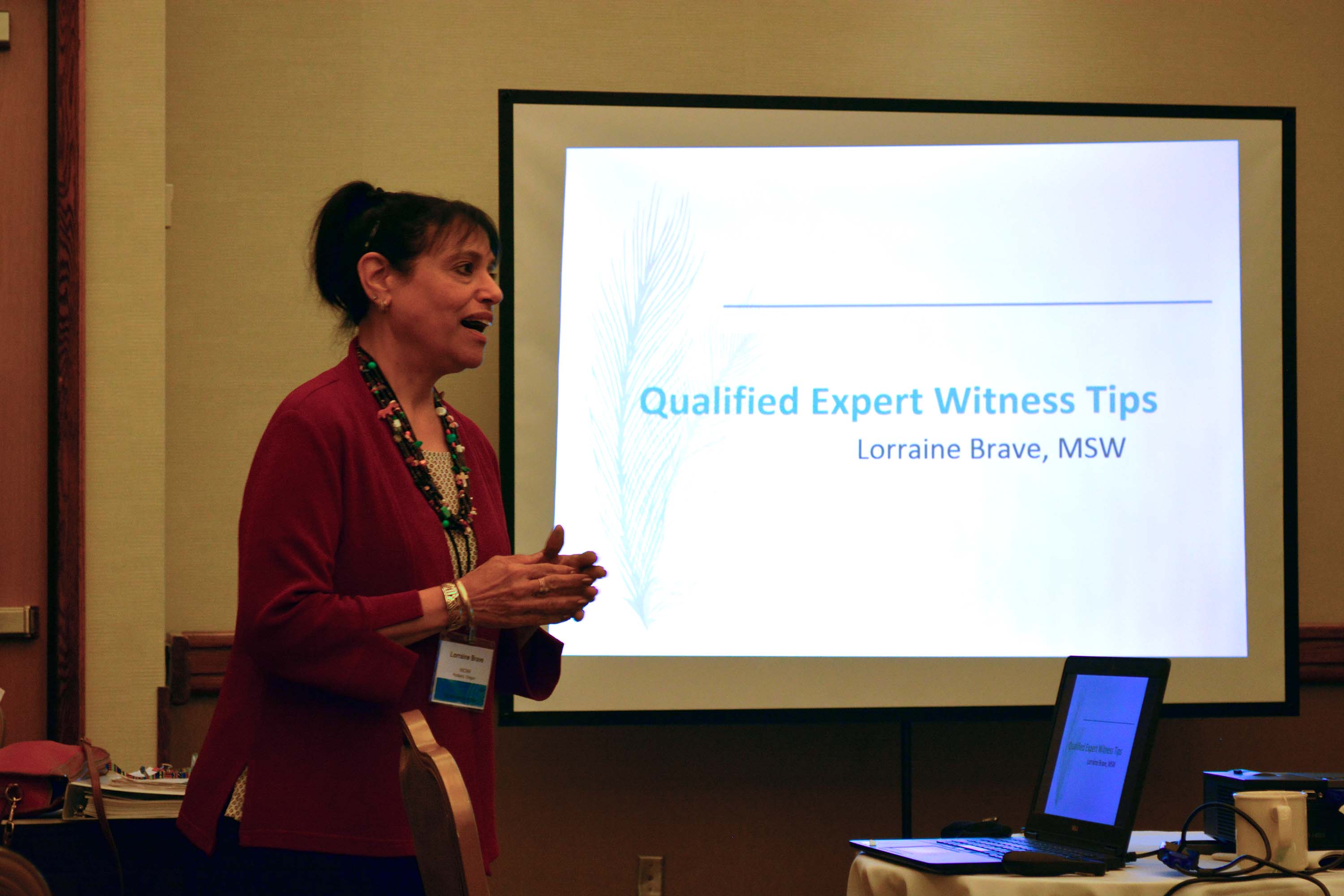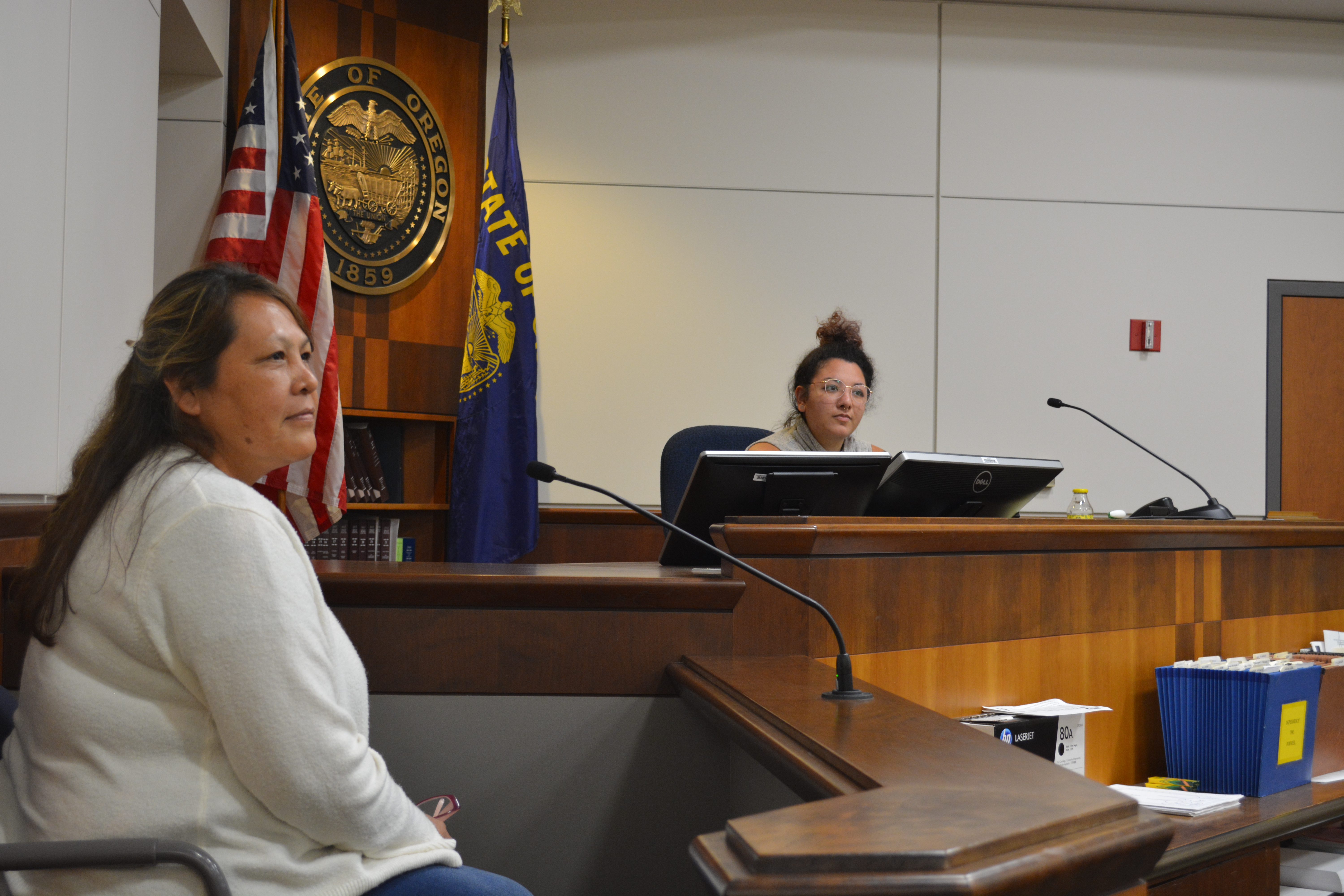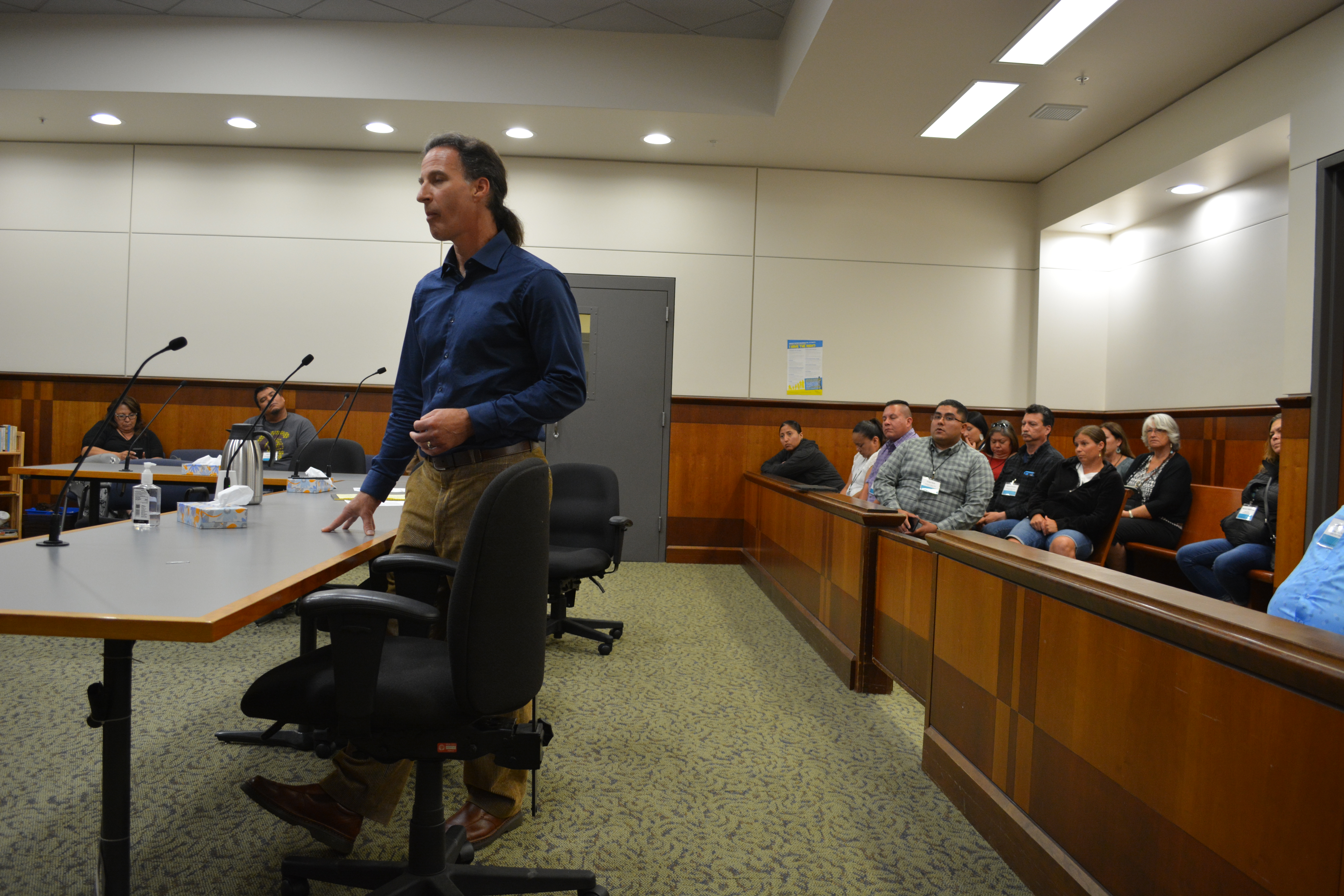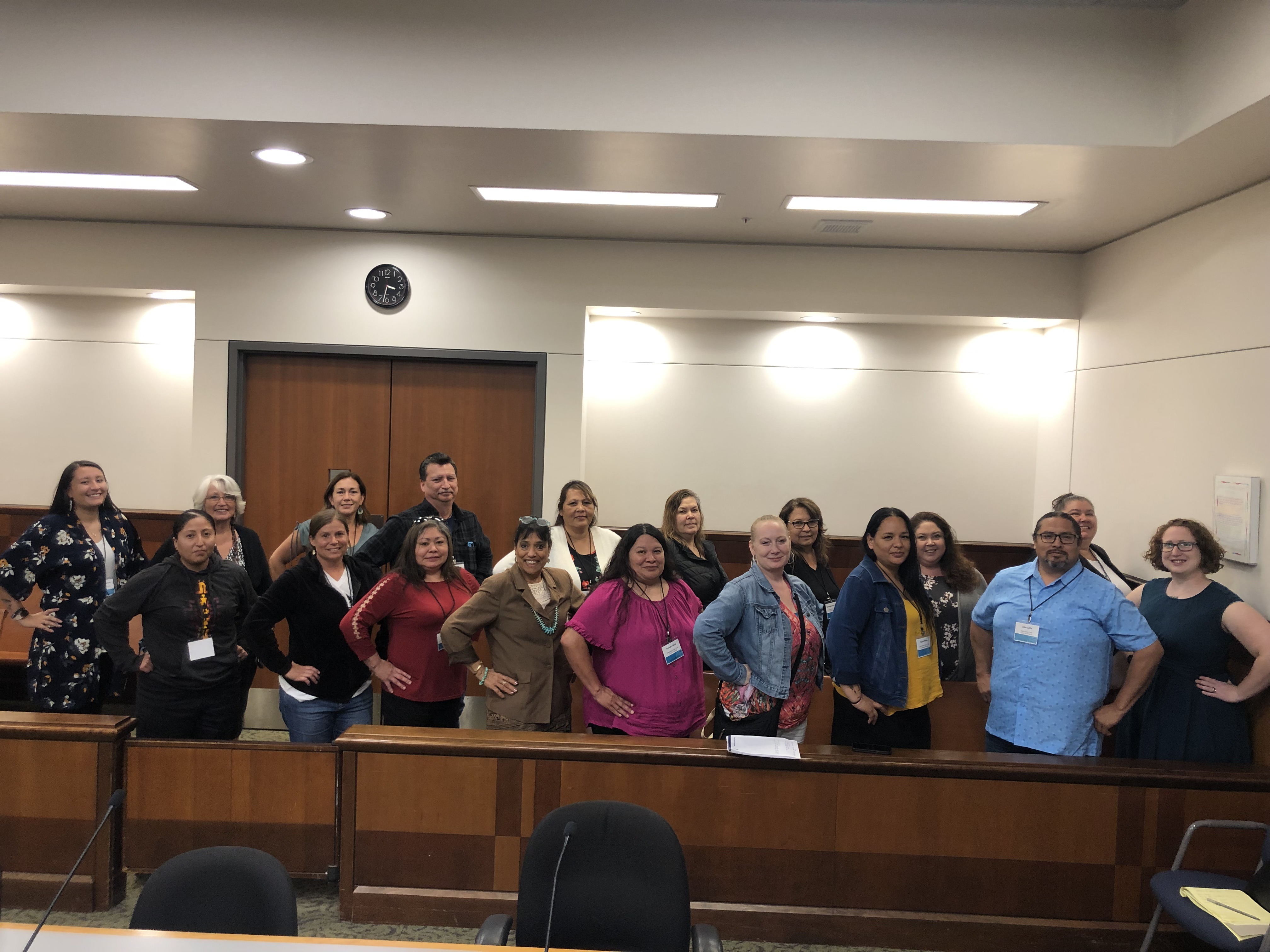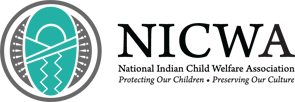Where We’ve Been
July 2019
Qualified Expert Witnesses in Portland, Oregon
Last month, NICWA hosted the June Training Institute for three days in Portland, Oregon. Trainings included Qualified Expert Witness (QEW), Understanding ICWA, and Positive Indian Parenting (PIP). The QEW training focuses on preparation to provide QEW testimony in ICWA cases as well as the practice issues involved. Understanding ICWA trains those working in child welfare about the legal requirements of the Indian Child Welfare Act and give a solid basis of understanding to implement ICWA effectively in their work. PIP, a culturally based parenting program, is a training of trainers which equips participants to facilitate the curriculum in their tribal communities.
What is a qualified expert witness testimony?
Qualified expert witness testimony is testimony required upon removal of an Indian child from their home and is given as to whether or not active efforts were made to prevent placement. A qualified expert witness is required to provide that testimony as to whether or not active efforts were made towards the reunification of the child to their parent(s) or custodian.
Lorraine Brave, MSW, NICWA Consultant, facilitated 32 trainees across a three-day grounding in all things qualified expert witness related. From preparing for court to mock trials, to building resiliency and self-care, trainees covered the detailed QEW curriculum. QEW trainees practiced direct examination and cross-examination tactics in a courtroom with Fabio Apolito, Native American Program Director, at Legal Aid Services of Oregon leading mock trial exercises. The group was able to witness testifying as an observer, network with others about what works in their communities, and build their confidence and skills for being a QEW. The mock trials ended with a discussion on bias in court and tips from experienced advocates.
Below are some common questions we hear from people who may or may not have heard about qualified expert witnesses in ICWA cases.
What are active efforts?
Active efforts are the affirmative, active, thorough, and timely efforts intended to keep an Indian child with his or her family. No foster care placement may be ordered without it.
| Reasonable | Active |
|---|---|
| Referral | Arranging services, transportation, helping family (extended family) engage |
| Managing Case | Proactively engaging in diligent casework, follow-up, visits, service provision |
| Meeting minimum policy standards | Creatively meeting the needs of the family involved (e.g., more face-to-face contact than required by policy) |
| Mainstream service provision | Culturally appropriate service provision |
| Updating tribe/tribal social worker | Seeking service and case management suggestions and actively co-case managing where tribe has available personnel |
Who can be a qualified expert witness?
There is a list of requirements that a qualified expert witness must possess. As a QEW, you are not being asked to be an expert on child development or the Indian Child Welfare Act. As a member of the child’s tribe, QEWs are inherently experts. Ultimately, we know trainees are experts already in their tribal customs, ways, traditions, and experience.
To learn more about upcoming training institutes, topics, and more, visit nicwa.org/training-institutes.
“I feel honored when I go to a tribal community, or people come to the institute, because so often those participants have their own trauma and yet they want to help other people. It’s so clear they want to do the right thing; they want to learn, they want to be the best they can be and it’s for their people, their family, their community.”
